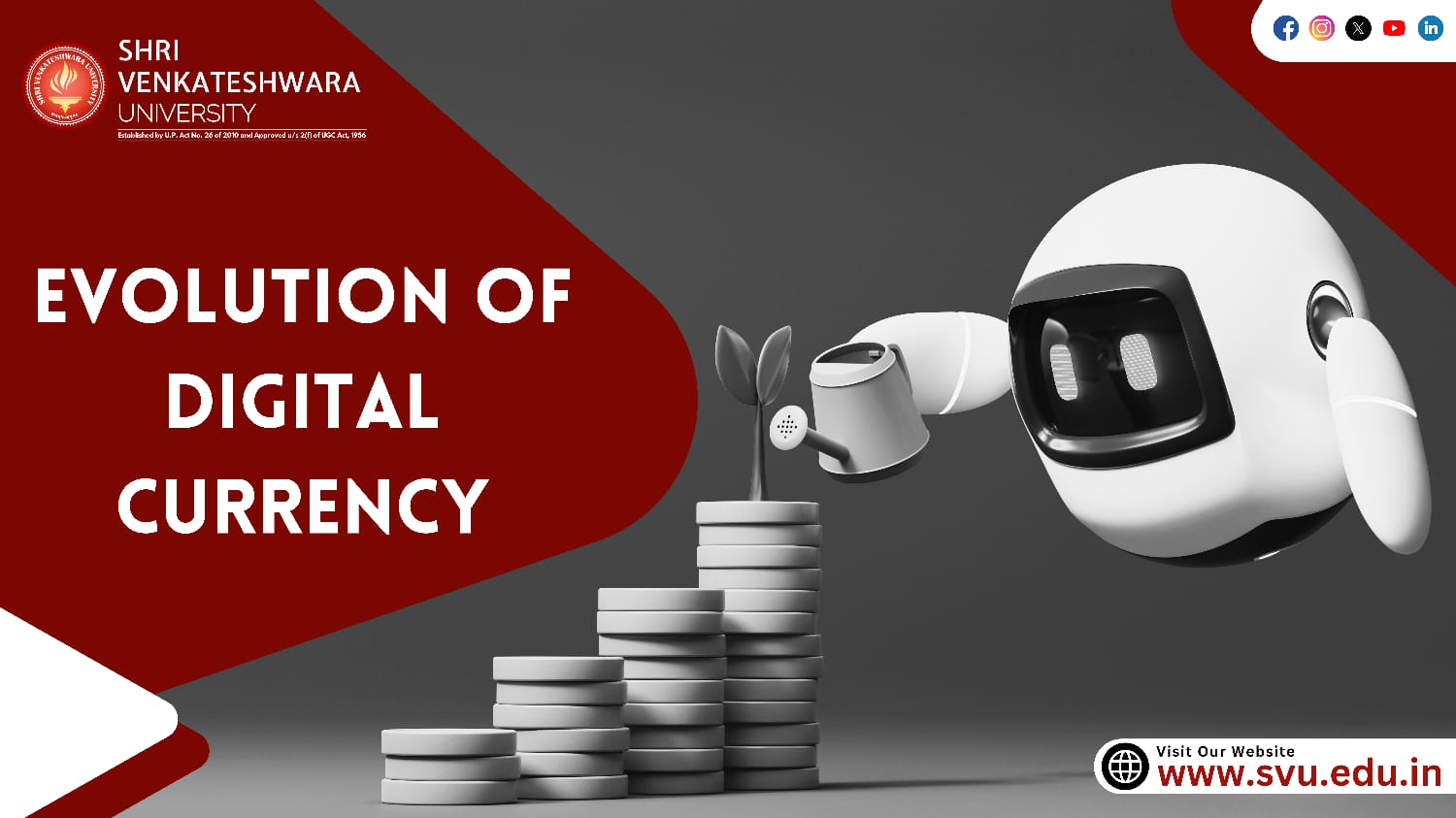
Digital currency is a type of money that can only be obtained electronically or digitally. Cyber cash is another name for it, along with digital money, electronic money, and electronic currency. Digital currencies are exclusively accessible digitally and lack tangible characteristics. Digital currency transactions are conducted using computers or electronic wallets that are linked to specific networks or the internet.
Just like actual currency, digital currencies are useful. Both products and services can be paid for with them. In certain online communities, such social networks, gaming websites, and gambling portals, they may also have restricted use. Transacting instantly and effortlessly across boundaries is another benefit of digital currency. If they are both linked to the same network, an individual in the United States, for example, may be able to pay a counterparty in Singapore using digital money.
Types of Digital Currency:
Cryptocurrencies:Cryptocurrencies are virtual money that protect and validate network transactions via the use of encryption. These currencies are likewise managed and controlled through the use of cryptography. Among the cryptocurrency examples are Ethereum and Bitcoin. The regulation of cryptocurrency may vary based on the country.
Virtual Currencies: Virtual currencies are uncontrolled digital currencies that are managed by creators or an initial group of participants. A specified network protocol can also regulate virtual currency algorithmically. A gaming network token, whose economics are established and managed by developers, is an example of virtual money.
Central Bank Digital Currencies: Digital currencies that are issued and controlled by a nation's central bank are known as central bank digital currencies, or CBDCs. Traditional fiat money can be supplemented or replaced with a CBDC. A CBDC only exists digitally, as opposed to fiat currency, which is available in both physical and digital forms. A number of countries, including Uruguay, Sweden, and England, are thinking about introducing a digital counterpart of their national fiat currency.
Pros and Cons of Digital Currency:
| S.No. | ||
| 1. | Quicker timeframes for transactions. | It could be challenging to use and store. |
| 2. | Don't need to be manufactured physically. | Can be accessible by hackers. |
| 3. | Less expensive transactions costs. | May have erratic pricing that causes value to be lost. |
| 4. | Facilitate the execution of fiscal and monetary policies. | Transaction irrevocability might not be possible. |
| 5. | Provides more anonymity than other payment methods. | Hasn't become widely accepted yet. |
Future of Digital Currency
The value of cryptocurrencies like bitcoin has risen significantly but their main purpose is still speculation or the purchase of other speculative assets. The extreme volatility and complexity of these currencies render them unsuitable for most daily applications, notwithstanding modest indications of merchant acceptance in nations like as El Salvador. By launching stablecoins, whose value is tied to the price of fiat money, some businesses have attempted to lessen volatility. A comparable quantity of cash, which can be used to redeem the tokens, is often deposited in order to do this. Concerns have been raised about these deposits being susceptible to a market meltdown, though, as stablecoin issuers like Tether have utilized them for more risky investments. One potential use case is digital currencies issued by national banks or other monetary authorities, such as central bank digital currencies. It would be possible for the central bank to create and freeze tokens at any time, but they would still be utilized and kept in virtual wallets, much like cryptocurrencies. Digital versions of several national currencies have been proposed, including China.